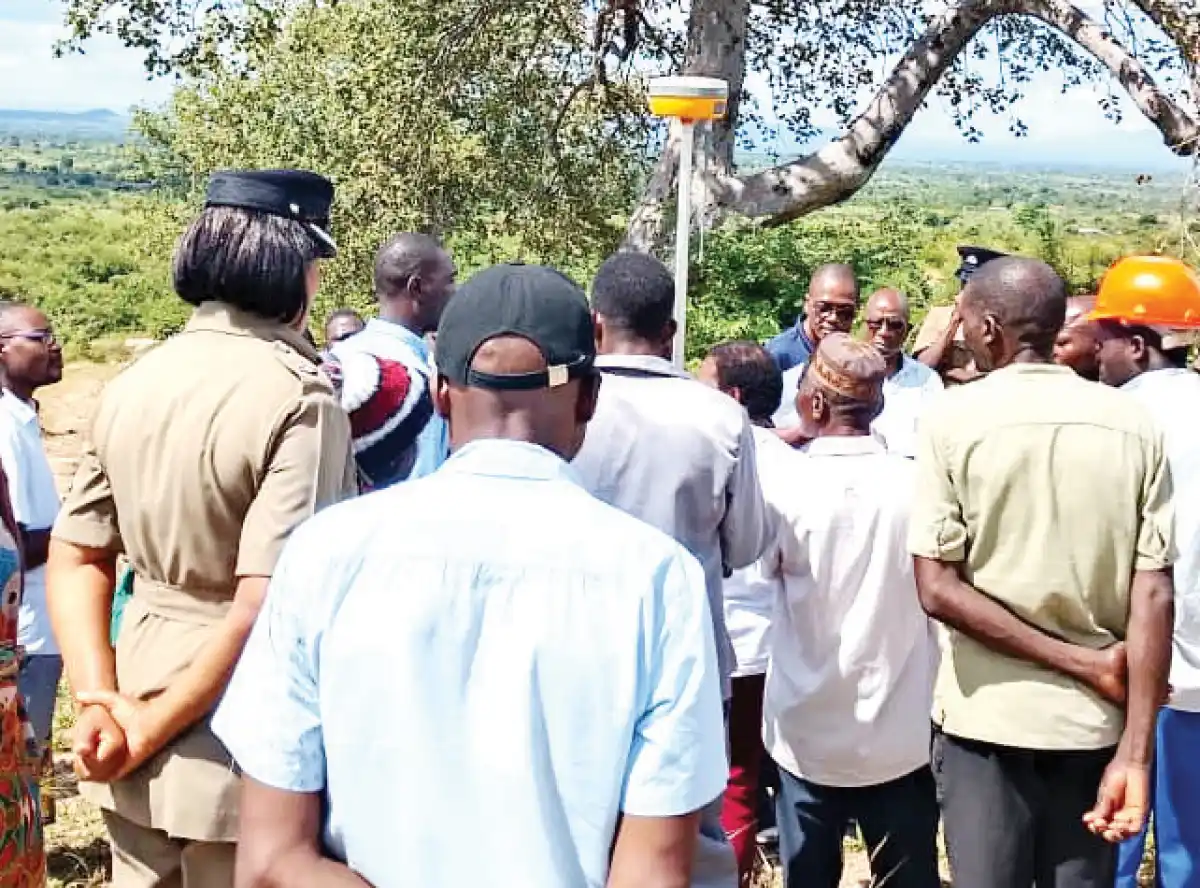
A new report by the Centre for Human Rights and Rehabilitation (CHRR) has uncovered a wave of displacement across Malawi, driven by large-scale development projects and enabled by glaring weaknesses in the country’s land laws.
The report highlights how the Land Acquisition Act of 2016 has failed to protect the rights of vulnerable communities, paving the way for Development-Induced Displacement and Resettlement (DIDR).
These displacements are linked to power generation projects, mining operations, expansive agriculture schemes, and key infrastructure developments like road construction.
Lead consultant for the study, Themba Phiri of Haifa Consulting Firm, said the current legal framework is fraught with loopholes that make it easy for powerful interests to take land without adequate community engagement or protection.
“The Land Acquisition Act, in its present form, is severely lacking.
“It does not mandate meaningful consultations with affected communities. Notification is not consultation. You cannot remove people from their land without truly engaging them.” Phiri said.
One of the key deficiencies in the current law is its failure to ensure dialogue between project developers and those displaced.
It also does not require the Minister of Lands to consult private landowners before acquiring their land.
This, Phiri said, creates a power imbalance where affected individuals often feel powerless to resist or question the process.
“Another alarming provision is the two-month notice period after which land automatically reverts to the state. Two months is simply not enough time for people to vacate, resettle, and rebuild their lives.
“Worse still, there’s no legally defined timeline for compensation. Some people wait years without support, which is a grave human rights violation,” he said.
The report also criticises the Act’s narrow compensation criteria. While landowners with verifiable claims are eligible for compensation, groups such as tenants, agricultural labourers and squatters remain in legal limbo.
International best practices recommend land-for-land compensation as the most effective way to preserve livelihoods, yet Malawi’s law offers no such alternatives.
“Even when relocation is supported, the law fails to account for the full resettlement needs of affected people. It’s not enough to simply move people. The Act does not include provisions for rebuilding livelihoods or ensuring displaced communities regain stability.
“Nor does the law require that people displaced by development projects benefit from them. There is no obligation for developers to offer employment, infrastructure, or services to those uprooted. This, the report says, is at odds with both international standards and Malawi’s own constitution, which guarantees the right to development for all,” the report reads.
CHRR and its partners are now calling for urgent reforms to the Land Acquisition Act to ensure it aligns with Malawi’s constitutional commitments and international human rights standards.
Programmes Assistant at CHRR, Benjamin Shellah, said land is life for many Malawians, especially in rural areas.
“We must ensure that laws protect the people, not just development agendas.
“Development should not come at the cost of dispossession, disempowerment, and suffering,” he said.
Until the reforms are made, the report warns, the cycle of displacement, inadequate compensation, and community disruption will continue to plague Malawi’s development efforts—undermining both human rights and sustainable progress.
Deputy Director of Legal Services in the Ministry of Lands, Yohane Zowa, said there is a need for civil society organisations to push for land policy, which he said is outdated.
Makuwira.






0 Comments